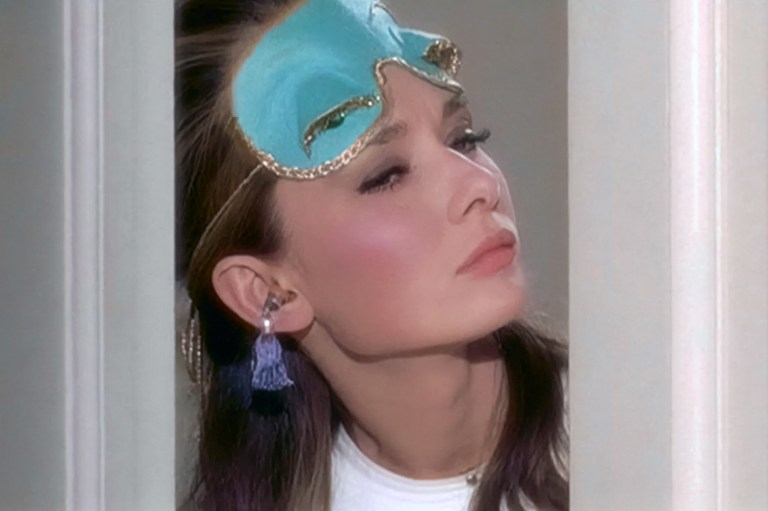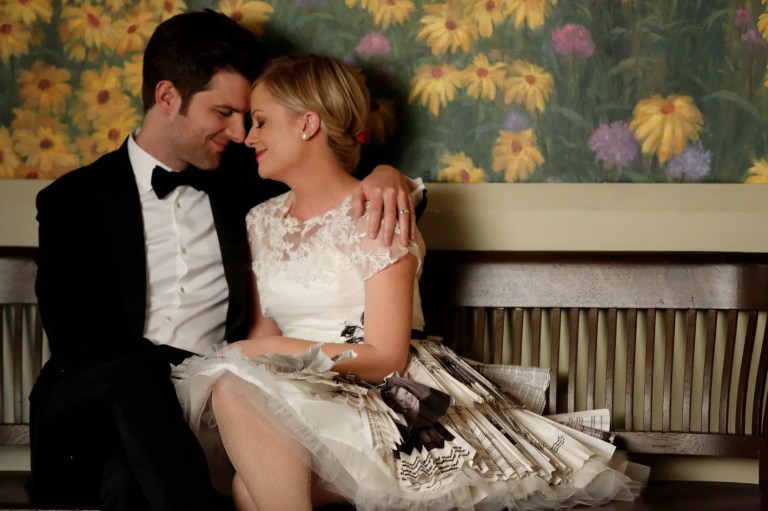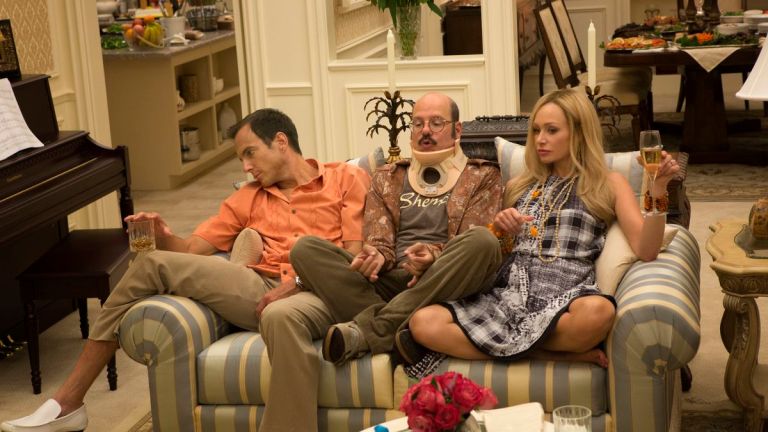
10 Things I Wish I Knew When I Started Getting Anxiety
1. You are not a victim
I know it feels like you’re a victim when you have to deal with something most people don’t, and it is an obstacle to a happy, normal life. But everyone has obstacles they need to overcome in their life. Having a life free of adversity isn’t normal, or even desirable. Don’t fall into your illness, don’t blame your problems on it. Do the difficult work of figuring out how you are going to live with it and then relentlessly pursue that path. Your mental health is worth fighting for, it’s worth investing the time, money and energy in to get it figured out.
2. There ARE ways to manage anxiety
Anxiety has a range just like any other person has a range of emotions. If you figure out what you need to do to manage it, you can ensure you are always on the uppermost point of “healthy” on that spectrum. Anxiety may still be there, but having it is NOT a sentence to be worried and pulling out your hair for the rest of your life. You won’t always feel like you do when it’s at its worst.
3. Nothing is wrong with you for having anxiety
Having anxiety doesn’t mean something is wrong with you. My biggest fear is that it means I’m not self-sufficient or that I can’t take care of myself since freaking out about shit makes me feel like a baby. Which, if you have anxiety you know, makes the anxious feelings you had to begin with a lot worse. But, that’s just an emotional reaction. You can’t stop yourself from having a reaction to it, you can just control what you do in response to it.
4. Guilt and shame about having anxiety is normal, but don’t give in to it
Everyone with anxiety feels this way. If you’re having an anxiety attack the most helpful and productive thing you can do is say “okay, this is happening right now” and focus on getting yourself through it. Shaming yourself in the moment for having an anxiety attack with thoughts of “I’m so stupid, why can’t I just get over it?” is going to make it a lot worse. Try to practice self-love in these moments, empathize with yourself: you are just a human, and you are doing the best you can.
5. Everything will always be okay
Your body is always moving towards homeostasis: stable, consistent health mentally and physically. This means that even in those rare circumstances when things turn out worse than the bad way you’ve imagined it, you will get through it.
Here is a great quote that always helps me put things in perspective, “P.S. You’re not going to die. Here’s the white-hot truth: if you go bankrupt, you’ll still be okay. If you lose the gig, the lover, the house, you’ll still be okay. If you sing off-key, get beat by the competition, have your heart shattered, get fired…it’s not going to kill you. Ask anyone who’s been through it.” Actually, that whole article is helpful.
6. You have to be your own support system
Something that really makes me cringe is looking back on the relationships I had when I was in college and I first started experiencing real anxiety. I would text the guy I was seeing something like, “my anxiety is really bad today, can you help me feel better?” I cringe because putting the onus of feeling happy (or at least calm) on another person is a surefire recipe to never be a complete and whole person. Even if another person can take your mind off anxiety, you’ll be dependent on them forever. Anxiety is something you have to figure out on your own, and that’s okay. By shifting your view so you see yourself as the most competent and capable support system you could ask for, you’ll start to believe it, which is a relaxing thought to have since you’re always available.
7. There’s nothing wrong with medication
When I first saw my doctor about my anxiety I got a prescription that ended up being terrible for me, but I stopped taking it and we tried something else which I now never notice except in the moments I realize “hey, I haven’t felt anxious for awhile.” To me, taking something daily helps me get on the basic level of someone without anxiety. I’m also conscious of the fact that I don’t need to take it just to take it. During the summer months when I’m outside all the time (which is a very calming activity for me) I don’t get anxiety like I do in the winter when I am confined to my apartment all the time. I don’t think medication is good or bad, I think it’s a stopgap. If you’re in a really bad place, it can get you out of it long enough to get some air and clarity and the ability to try other things like exercise, meditation, or other methods of positive self-talk.
8. No one can “make” you anxious or “give” you anxiety
One of my friends broke up with her boyfriend after many months of telling me he “made” her have anxiety. But that wasn’t it, she experienced anxiety around him because she wasn’t sure where the relationship was going and didn’t want to be the one to bring it up. This is a common life situation that isn’t fun for anyone, but renaming the situation as one where someone causes you to feel mentally ill is very disempowering. No one can make you feel any one way. You are in control of your emotions. Confront situations for what they are, but anxiety is a symptom of what is going on with you, not an object someone can lob at you.


9. Meditation is freaking amazing
It took me a long time to start meditating because I thought meditating meant sitting completely still and being alone with your thoughts, and I hated being alone with my thoughts because I always thought about anxious things when I had unstructured time like that. But I started listening to sleep meditations when I was going to bed instead of talk radio and it was so enjoyable and relaxing. I still prefer meditations that begin with a guide because it eases you into relaxing. Meditation helps me feel powerful, it forces me to realize that even when external circumstances are at their worst, all I really need to be happy is to put myself in the right mental state. I recommend Meditation Oasis guided meditations.
10. It gets better
A lot of 20-somethings have anxiety and it’s going to all but disappear completely when they’re in their 30’s. In your 20’s your life circumstances are very uncertain and always changing — there’s a lot to be anxious about. By the time you’re in your late 20’s you figure some things out, and the things that are still up in the air feel a lot less scary because you have so many other experiences under your belt where you’ve had to successfully deal with difficult problems. You can lean on your confidence that whatever comes your way will be something you can easily manage, which isn’t something to worry about. ![]()











